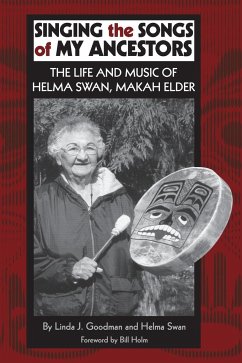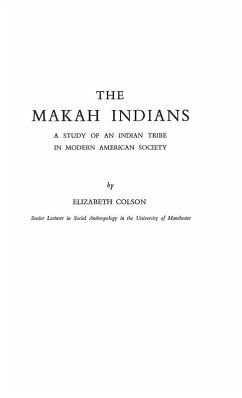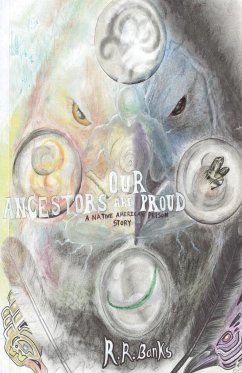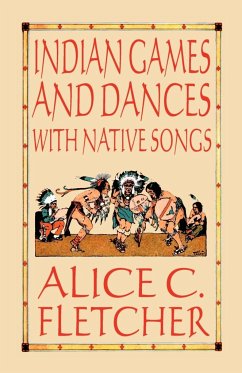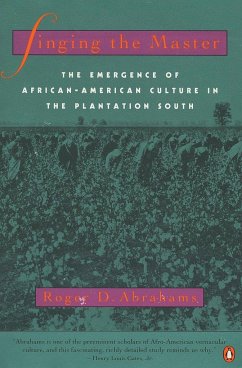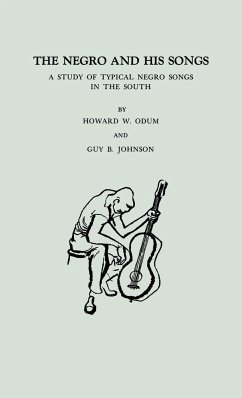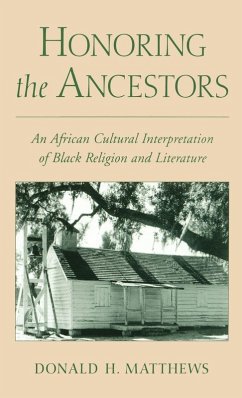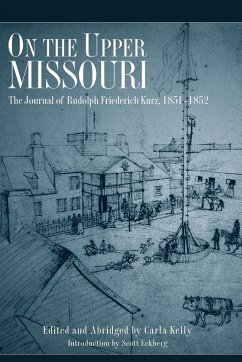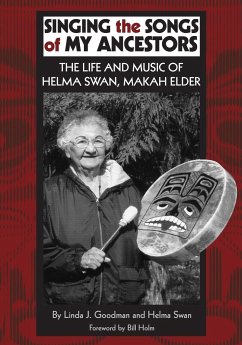
Singing the Songs of My Ancestors
The Life and Music of Helma Swan, Makah Elder

PAYBACK Punkte
19 °P sammeln!
Ever since she was a small child, Helma Swan, the daughter of a Northwest Coast chief, loved and learned the music of her people. As an adult she began to sing, even though traditionally Makah singers had been men. How did such a situation develop? In her own words, Helma Swan tells the unusual story of her life, her music, and how she became a singer. An excellent storyteller, she speaks of both musical and non-musical activities and events. In addition to discussing song ownership and other Makah musical concepts, she describes songs, dances, and potlatch ceremonies; proper care of masks and...
Ever since she was a small child, Helma Swan, the daughter of a Northwest Coast chief, loved and learned the music of her people. As an adult she began to sing, even though traditionally Makah singers had been men. How did such a situation develop? In her own words, Helma Swan tells the unusual story of her life, her music, and how she became a singer. An excellent storyteller, she speaks of both musical and non-musical activities and events. In addition to discussing song ownership and other Makah musical concepts, she describes songs, dances, and potlatch ceremonies; proper care of masks and costumes; and changing views of Native music education. More generally, she speaks of cultural changes that have had profound effects on contemporary Makah life. Drawing on more than twenty years of research and oral history interviews, Linda J. Goodman in Singing the Songs of My Ancestors presents a somewhat different point of view-that of the anthropologist/ethnomusicologist interested in Makah culture and history as well as the changing musical and ceremonial roles of Makah men and women. Her information provides a context for Helma Swan’s stories and songs. Taken together, the two perspectives allow the reader to embark on a vivid and absorbing journey through Makah life, music, and ceremony spanning most of the twentieth century. Studies of American Indian women musicians are rare; this is the first to focus on a Northwest Coast woman who is an outstanding singer and storyteller as well as a conservator of her tribe’s cultural traditions.



